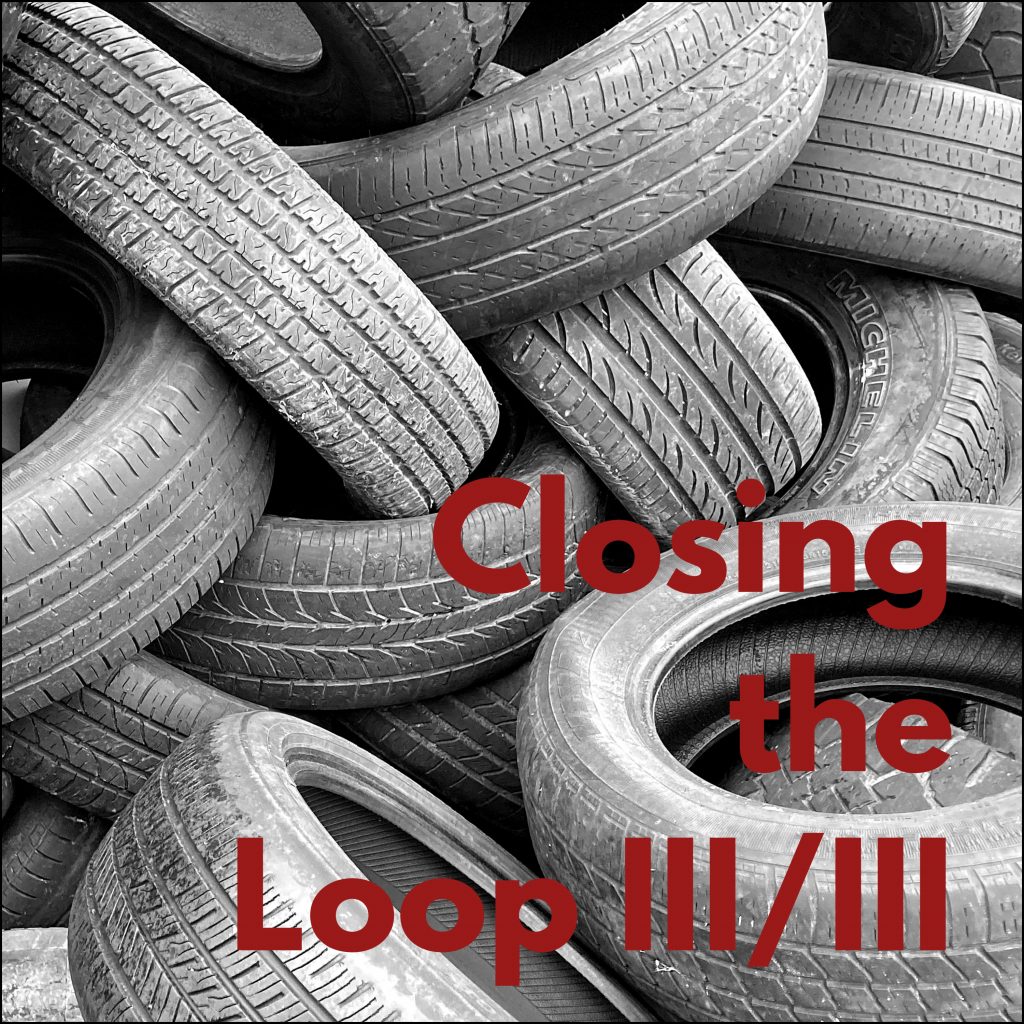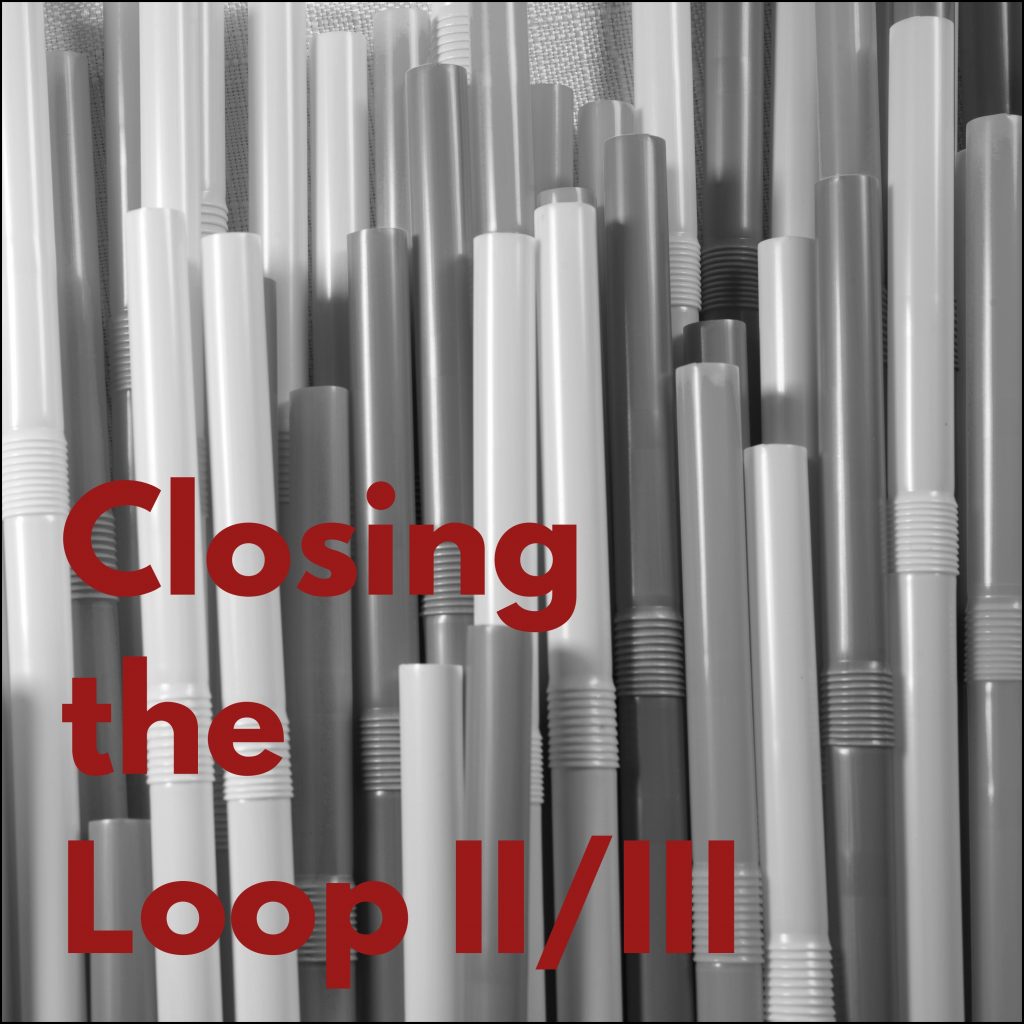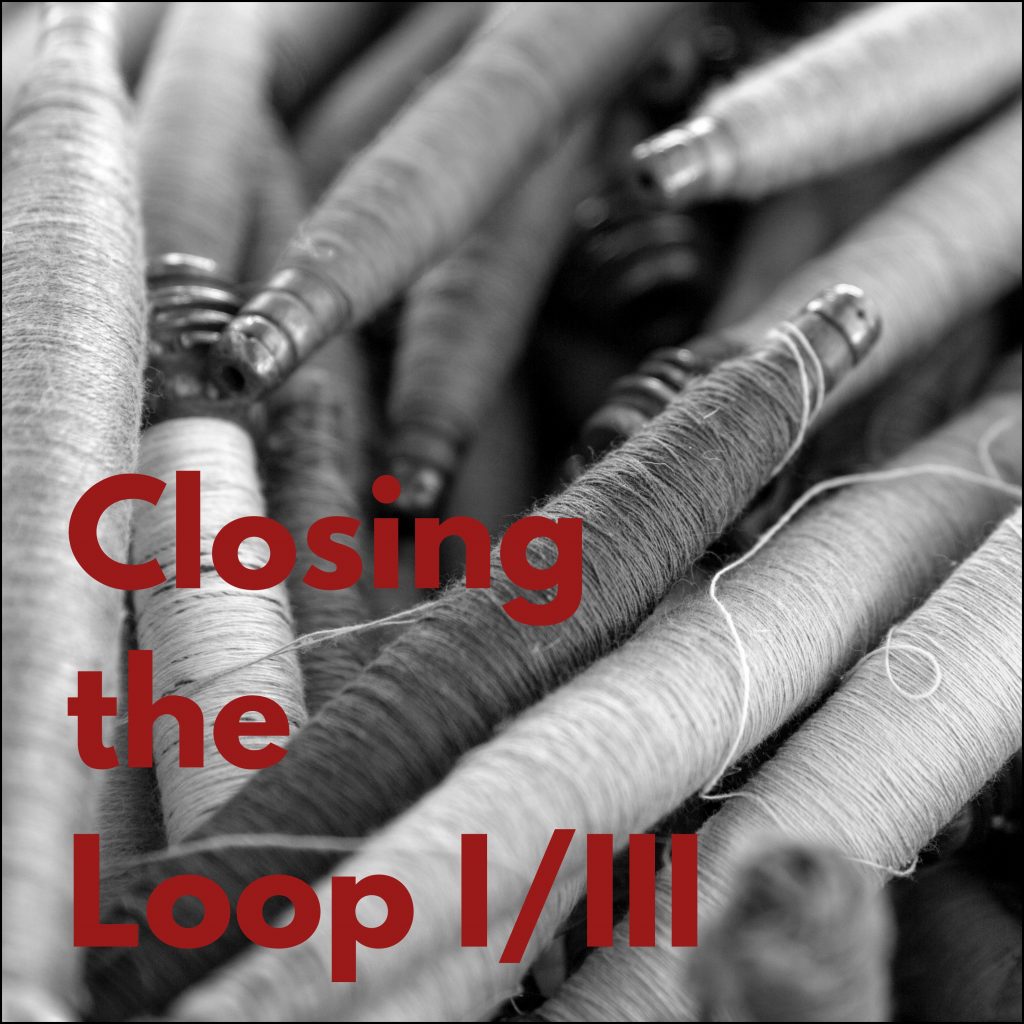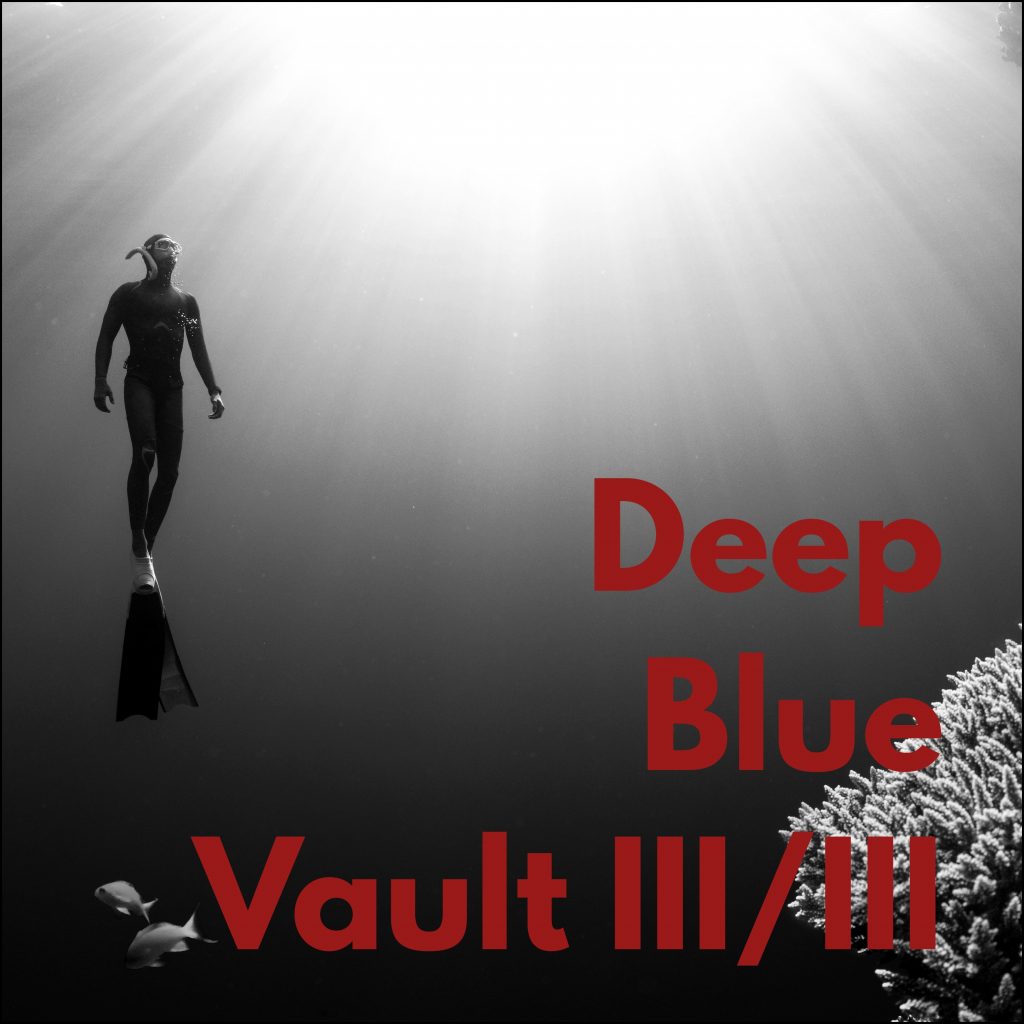Agriculture Trilogy

Agriculture is a cornerstone of global efforts to end extreme poverty, promote shared prosperity, and sustainably feed an estimated 10 billion people by 2050. Growth in this sector is two to four times more effective at raising incomes among the poorest compared to other industries. Understanding the economic dynamics of agriculture is therefore crucial for ensuring its sustainability. […]
Agriculture Trilogy

Food security is crucial, yet for millions, access to nutritious food remains unmet. In the developing world, over 700 million individuals lack the necessary food to lead active and healthy lives,and 2.4 billion people experience moderate to severe food insecurity. Hunger and malnutrition not only undermine people’s health but also hinder national progress. Establishing resilient, sustainable, and […]
Biodiversity Trilogy

Biodiversity is currently declining at an unprecedented rate in human history. Approximately 40% of Earth’s land surfaces are now considered degraded, with around 75% having undergone significant change. Additionally, 66% of the oceans face increasing cumulative impacts, and over 85% of wetlands have been lost. Grasping the implications of this rapid decline in biodiversity is […]
Biodiversity Trilogy

Up to one million species face the risk of extinction, with many species potentially disappearing within the next few decades. A study on 700 terrestrial and freshwater species in the United Kingdom revealed that 41% of the species have declined in average abundance since 1970. These alarming trends underscore the critical importance of animal conservation […]
Biodiversity Trilogy

Healthy communities rely on thriving ecosystems. Biodiversity loss disrupts the delicate balance of our life support systems, directly impacting our health and well-being. This interconnectedness suggests that any environmental disturbance reverberates through our lives. Ensuring the continued provision of essential ecosystem services that support human health relies on the preservation and conservation of biodiversity. Broadpeak works […]
Circular Economy Trilogy

Since 1990, the use of material resources has experienced a ten-fold increase and is set to double again by 2030. We have largely overstepped the planetary boundaries, with 6 of the 9 boundaries having been transgressed. At the same time, according to the 2023 Circularity Gap, global circularity has fallen from 9.1% in 2018 to […]
Circular Economy Trilogy

Nature cannot naturally break down plastic waste. Each plastic item, unless burned or reused, will persist for centuries beyond our lifetime. While 60% of plastics have lifespans of less than five years, only 9% are recycled. There is a pressing need for a comprehensive strategy to establish a circular system for plastics, which must operate […]
Circular Economy Trilogy

Each second, one truckload of garments is landfilled or burnt. Worldwide, there is an abundance of clothing available to attire the forthcoming six generations. Less than 1% of clothing undergoes recycling, while the majority is discarded. Recognizing the potential to transition towards circular systems in this sector will require enabling policy frameworks and investments but […]
Blue Economy Trilogy

Oceans constitute the planet’s largest ecosystem, covering 70% of the Earth’s surface and hosting 80% of all life. Oceans also generate 50% of the oxygen we breathe. While the oceans’ biodiversity is essential to global economic growth, SDG 14 focusing on ocean conservation remains the least funded. Transitioning to a blue economy is imperative to […]
Blue Economy Trilogy

The oceans contain the largest untapped source of renewable energy, with offshore areas harbouring around 80% of the earth’s wind resources. Capturing this energy could enhance economically sustainable long-term development and play a pivotal role in the world’s emerging blue economy. Harnessing marine renewable energy to its full potential is also crucial in the transition […]
